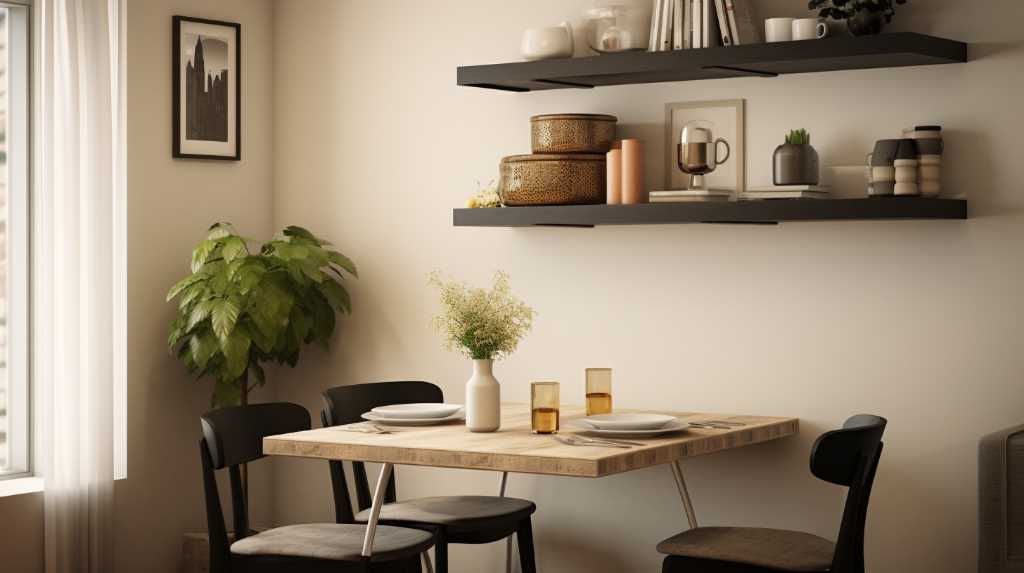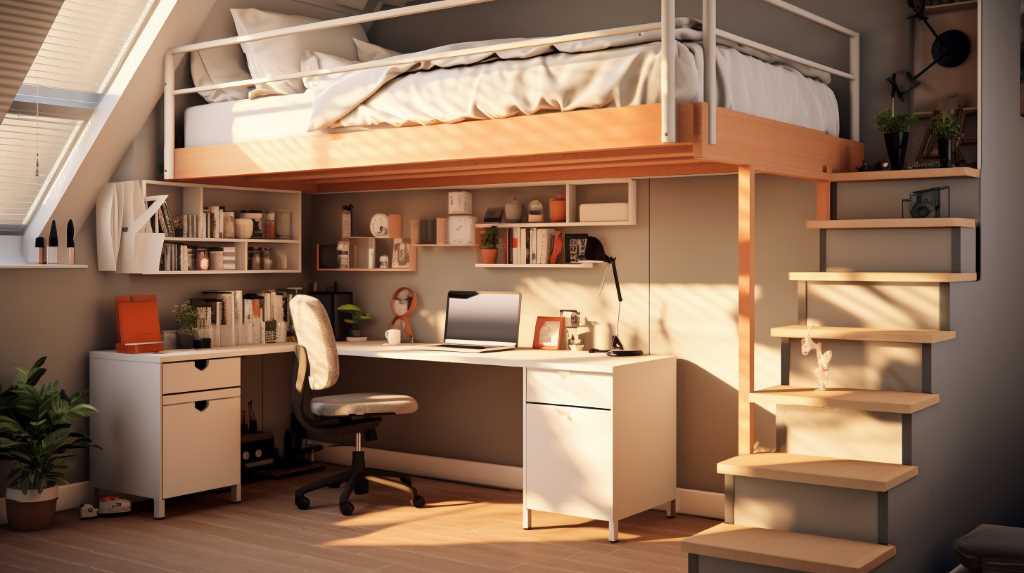In recent years, the rise of the subscription-based economy has permeated various sectors, including the realm of interior decoration. Subscription-based furniture services are redefining traditional consumer relationships with home furnishings, offering a novel approach to decorating living spaces.
This model provides unprecedented flexibility, allowing individuals to adapt their environments to changing tastes and needs without the burden of permanent ownership. As we examine the transformative effects of this trend, we consider its implications on consumer mindsets, the agility it introduces to home design, its environmental impact through potential reductions in waste, and the cost-effectiveness it may present over traditional purchasing.
The shift towards furniture subscription services signals a profound evolution in the way we consume and enjoy our domestic spaces, potentially reshaping the future landscape of furniture consumption.
Shifting Consumer Mindsets
The emergence of subscription-based furniture services reflects a significant shift in consumers’ attitudes towards ownership and interior design. This innovative model is recalibrating ownership values, as the allure of possessing material goods transitions into the appeal of experiencing and utilizing them with flexibility and convenience. In an increasingly mobile society, the traditional notion of owning bulky, permanent fixtures is giving way to a more fluid and adaptable approach to inhabiting spaces.
Subscription services are not only a response to changing tastes but also a solution to space optimization challenges faced by urban dwellers. The capacity to rotate furnishings in accordance with evolving needs or preferences is a compelling proposition for those in transient living situations or with an eye for ever-evolving aesthetic trends. It’s a paradigm that favors the economically savvy and design-conscious, striking a balance between high-end style and practical living.
Moreover, this shift is emblematic of a deeper transformation in consumer culture. The modern patron is becoming more attuned to the ecological and economic implications of their consumption choices. In embracing the subscription model, they exhibit a preference for sustainability and adaptability, aligning with the zeitgeist of a resource-conscious, experience-driven era.
Flexibility in Home Design
While consumers are increasingly prioritizing sustainability and adaptability, subscription-based furniture services are simultaneously granting unprecedented flexibility in home design, enabling individuals to tailor their living spaces to current trends and personal needs with ease. This model of consumption allows for an agile approach to interior aesthetics, offering the freedom to adapt and evolve one’s environment without the commitment of traditional ownership.
The ethos of space optimization is at the core of these services, as they cater to the spatial challenges of urban living and the nomadic lifestyles of modern city dwellers. Compact living demands smart solutions that not only maximize space but also maintain a high standard of design. Subscription models respond to this need by providing furnishings that are both functional and fashionable, ensuring that even the smallest of spaces do not compromise on style.

Furthermore, design experimentation becomes less daunting when the financial risks associated with purchasing expensive furniture are mitigated. Subscribers can explore diverse themes and palettes, refreshing their interiors periodically to reflect the latest design paradigms or to suit changing personal circumstances. The result is a dynamic approach to home decoration, where trend-awareness and personal expression converge to create living spaces that are as fluid and vibrant as the lives of their inhabitants.
Environmental Impact Considerations
Subscription-based furniture models not only revolutionize home aesthetics but also introduce a sustainable dimension to consumerism by reducing waste and promoting the reuse of high-quality items. The shift towards a circular economy, where products are designed to be reused and recycled, is palpable in this innovative approach to interior decoration. By subscribing to furniture, consumers can enjoy the latest designs and trends without contributing to the fast-furniture landfill crisis. This model encourages a thoughtful selection of sustainable materials, ensuring that pieces can withstand multiple cycles of use and redecoration.
In the realm of subscription services, the focus on quality over quantity prevails. Furniture pieces are often crafted from durable, eco-friendly materials that stand the test of time. This not only preserves the aesthetic integrity of the home environment but also minimizes the ecological footprint associated with furniture manufacturing and disposal. The allure of a well-curated, sustainable living space is now within reach, aligning with the values of environmentally conscious consumers.
Cost-Effectiveness Analysis
Cost-effectiveness emerges as a significant advantage of subscription-based furniture, providing consumers with financial flexibility and reduced upfront investment. In an age where aesthetic fluidity is as coveted as practicality, the allure of ownership alternatives is reshaping the ethos of interior design. Subscription models allow for a dynamic approach to decorating, appealing to the modern consumer’s desire for both economic savvy and stylistic agility.
The investment shifting from high-cost, long-term ownership to manageable monthly payments enables a transformative decor strategy. Individuals can now align their living spaces with current trends and personal milestones without being constrained by traditional financial burdens. This evolving paradigm not only democratizes high-end design but also injects a strategic versatility into the art of homemaking.
In a subscription economy, the measure of cost-effectiveness transcends mere price comparison; it encapsulates the value of freedom in choice and expression. As such, the subscription-based furniture model is not just a service—it’s an aesthetic enabler, empowering consumers to curate their environments with unprecedented adaptability. The financial model thus complements the ever-changing tapestry of personal taste and lifestyle, ensuring that one’s habitat is both economically and visually harmonious.
The Future of Furniture Consumption
The shift towards subscription-based models is poised to revolutionize traditional furniture consumption habits. As we move into a future where flexibility and sustainability are paramount, these models offer a dynamic alternative to the buy-and-dispose cycle that has long dominated the industry. Consumers are increasingly drawn to the idea of a curated home aesthetic that can evolve with their changing tastes and needs, without the burden of permanence.
Material innovation plays a crucial role in this transformation. Subscription services are at the forefront of integrating eco-friendly and high-performance materials that cater to the eco-conscious consumer. By offering pieces that are both durable and designed with the end of their lifecycle in mind, these services align with a more circular economy.

Digital customization is also reshaping the landscape of furniture consumption. The power of technology allows consumers to personalize their furniture selections online, ensuring that each piece meets their specific aesthetic and functional criteria. This level of individualization, combined with the convenience of a subscription model, heralds a new era of furniture consumption—one that is adaptable, personalized, and mindful of our environmental impact.

